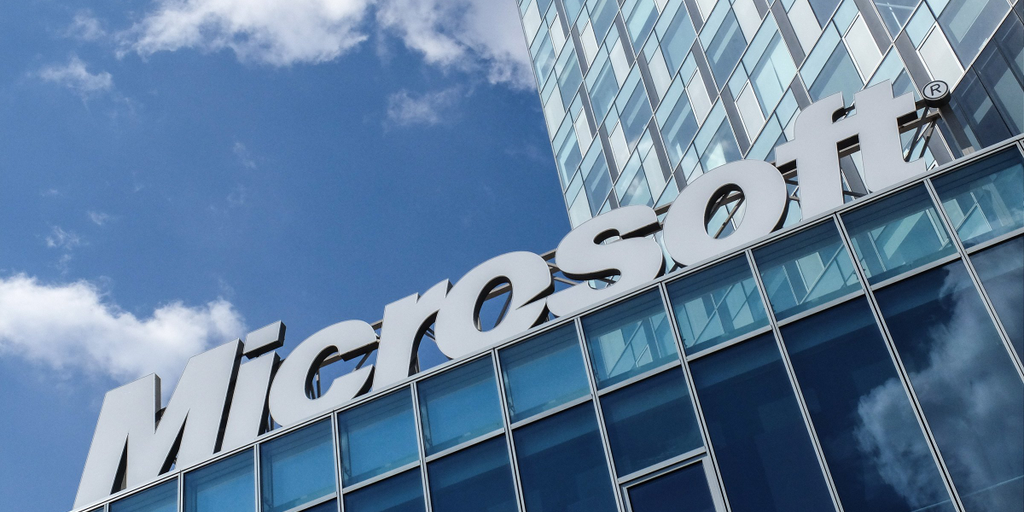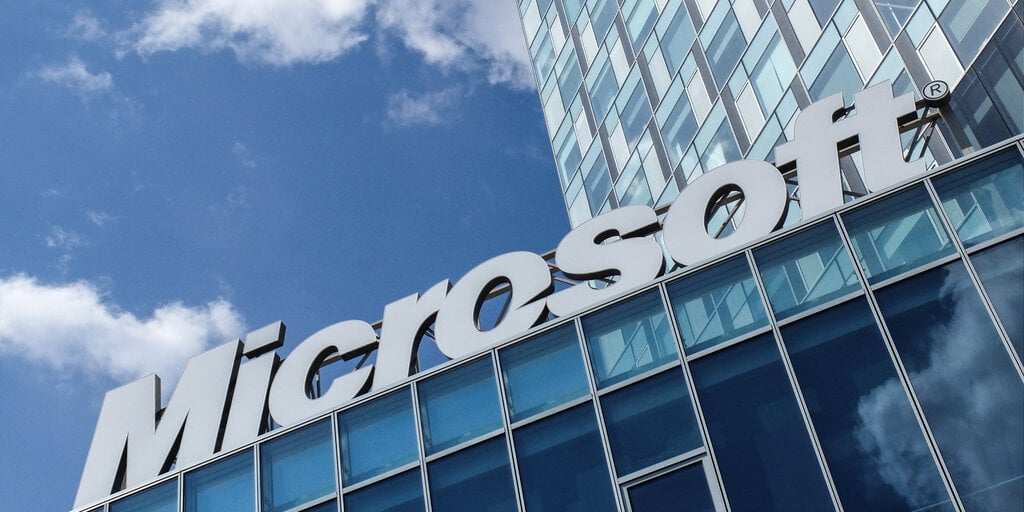
The largest federation of international labor unions on Monday announced a deal with technology giant Microsoft, opening the door for employees to unionize and starting a dialogue about how artificial intelligence will be used and implemented at the company.
“By working directly with labor leaders, we can help ensure that AI serves the country’s workers,” said Microsoft president Brad Smith in a statement. “This ground-breaking partnership honors the rights of workers, learns from the advice of labor leaders as we develop technology, and helps us provide people with the skills that will become essential in a new AI era.”
According to the AFL-CIO, the goals of the agreement include information sharing among labor leaders and workers on AI technology trends, incorporating worker perspectives and expertise in the development of AI technology, and helping shape public policy that supports the technology skills and needs of frontline workers.
“This partnership reflects a recognition of the critical role workers play in the development, deployment, and regulation of AI and related technologies,” AFL-CIO President Liz Shuler said in a statement. “Microsoft’s neutrality framework and embrace of workers’ expertise signals that this new era of AI can also catalyze a new era of productive labor-management partnerships.”
Formed in 1955, the American Federation of Labor and Congress of Industrial Organizations (AFL-CIO) today comprises 60 national and international unions with over 12 million members.
The deal with the AFL-CIO is the latest move Microsoft made with labor unions to address worker concerns.
Last year, Microsoft signed a similar labor neutrality agreement with the Communications Workers of America (CWA) that aimed to respect workers’ rights to organize and bargain collectively at the then yet-to-be-acquired Activision Blizzard. Microsoft promised to remain neutral regarding union decisions. During the same time, Microsoft released principles for employee organizing and meeting with labor unions.
“Recent unionization campaigns across the country—including in the tech sector—have led us to conclude that inevitably these issues will touch on more businesses, potentially including our own,” Smith said at the time. “This has encouraged us to think proactively about the best approach for our employees, shareholders, customers, and other stakeholders.”
While the threat of AI-induced global thermonuclear war remains the realm of Hollywood blockbusters, the rise of generative AI has raised the specter of AI’s decimation of the workforce—now a critical discussion across several industries, including entertainment, fast food, and freelancing industries.
In August, IBM said that roughly 1.4 billion people will need new job training due to the impact of artificial intelligence on the workplace, with the highest impact felt by entry-level workers. SpaceX and xAI CEO Elon Musk meanwhile predicted that AI would end the need for the modern workforce.
“None of us ever knows precisely what challenges the future will bring,” Smith said. “But we’re willing to bet that a company that listens to and works well with its employees is likely to have a winning hand.”
Edited by Ryan Ozawa.
Stay on top of crypto news, get daily updates in your inbox.
[ad_1]
Source link
[ad_2]


